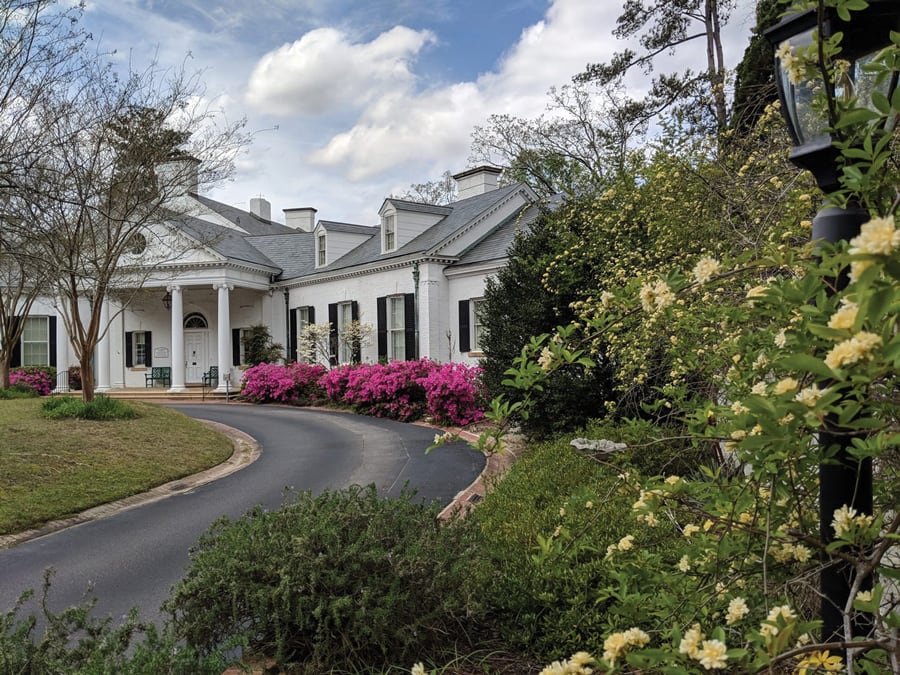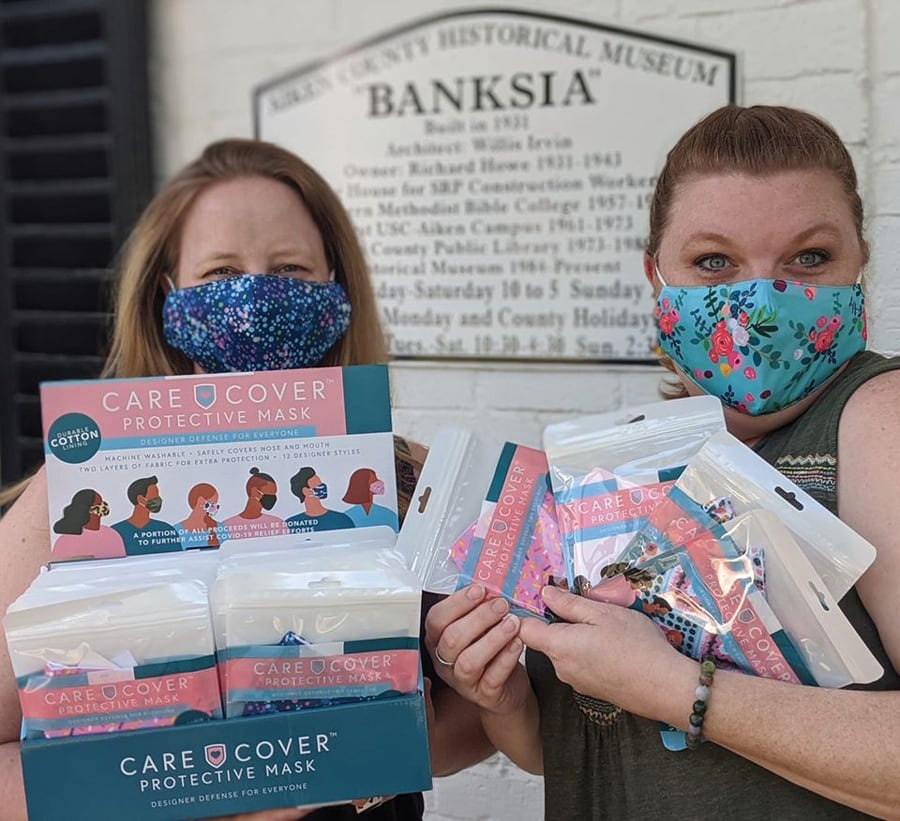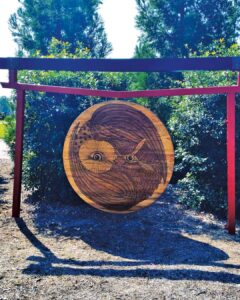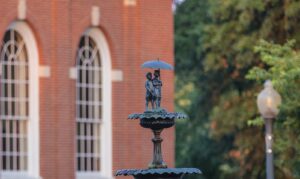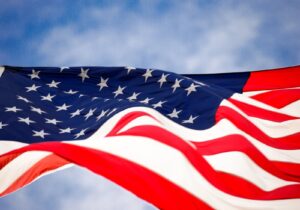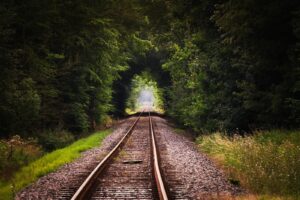As you all know, we are now in the midst of a tumultuous time in our history, and it has taken our “normal” and tossed it out the window. Because we are living during a time when history is literally being made, I would love to take a moment to speak to you as a storyteller and historian. It is during this time of unprecedented uncertainty that I would like to encourage you to keep a journal, to have long-awaited conversations, to write those letters you’ve been putting off for too long. Do you have a high school best friend you haven’t spoken to in decades? It’s time to give him or her a call. Ever wonder what happened to that guy you went through basic training with? He’s just as bored as you are and would love to hear from you. Are your grandparents or parents still with us? There’s no better opportunity to take their oral history, to ask them those nosy questions you’ve kept hidden, to see how people of a completely different generation are coping with a global pandemic.
When the world looks back on this time in a hundred years or so, it will be the stories that interest them. It will be the everyday details that keep them turning to the next page. They will get lost in how we handled ourselves in the day-to-day of a pandemic in the new millennia. Fifty years from now, when your grandchildren’s children are looking through scrapbooks, it will fascinate them how their family survived, how their family persevered and thrived. In the decades to come, it won’t matter so much what the newspapers said, or how the local eatery coped with social distancing, or how toilet paper became such a hot commodity. It will be the stories that WE tell that will entertain and fascinate. But then, isn’t it always the stories that keep us coming back? We’re missing you and your stories at Banksia.
At Aiken County Historical Museum, we have taken a variety of measures to protect our staff, docents, and volunteers, as well as our community, from the pandemic. We now require the use of face coverings for visitors, volunteers, and museum staff and have been encouraging the prescribed 6’ social distancing. At the front desk, guests can receive hand sanitizer and a free face covering for their visit if they do not have one of their own. Further, we have made efforts throughout the museum to become “touchless” and reduce potential risks for the spread of the virus through contact. For instance, we have constructed a plexiglass window at our front desk to maintain distance between our docents and guests as they enter. Our self-guided maps are now paper and recyclable. We have installed a doorbell to let guests notify us when they arrive to prevent handling the outside doorknob, which is then cleaned after every new visitor. Finally, we have temporarily closed off our upstairs and basement exhibits to prevent handrail usage, and have shut down our interactive exhibits. As we move forward into our new normal, we are hoping we can open these areas, expand our hours, and bring back our Banksia house tour.
Despite these closures and cautionary procedures, the museum has also begun exciting new projects to keep fulfilling our purpose during these challenging circumstances. We have reinvigorated our social media presence on Facebook and Instagram in order to be involved with our community remotely. Along with general updates about the museum, we have begun filming and posting casual history chats in our exhibits entitled “Coffee and Tea with the County.” Also, our intern occasionally chooses interesting or unusual artifacts in our collection and explores them through short videos. Although these videos do take time to research and film, we are happy to engage with our online community and hope to continue creating quality content moving forward. We are also hoping to have short mini-tour videos available to guests who have not been able to see the other floors and exhibits. We hope to set this up as a small film room where visitors can spend as little or as much time as they would like.
Because the pandemic has postponed our school tours and children’s programs, we are developing a new project to connect with families in the community through history education. Our free “History Kits” will be activity bags packed with fun surprises, available for families with students in grades 3-6 to take home. Each kit will include toys, crafts, and an activity sheet based around a monthly theme. With these kits, we hope to use inclusive, kid-friendly fun to help our young Aikenites learn about the rich history of Aiken County and South Carolina as a whole.
Overall, we have taken significant measures at the museum to keep Aiken County safe and healthy. As always, we are looking for great volunteers to join us in serving the community as we continue working to preserve the history of our county. Please call, email, or send a carrier pigeon if you’d like to be a volunteer or docent or if you would like more information about the monthly History Kits. We look forward to seeing you at the Museum!
Stay Curious!
